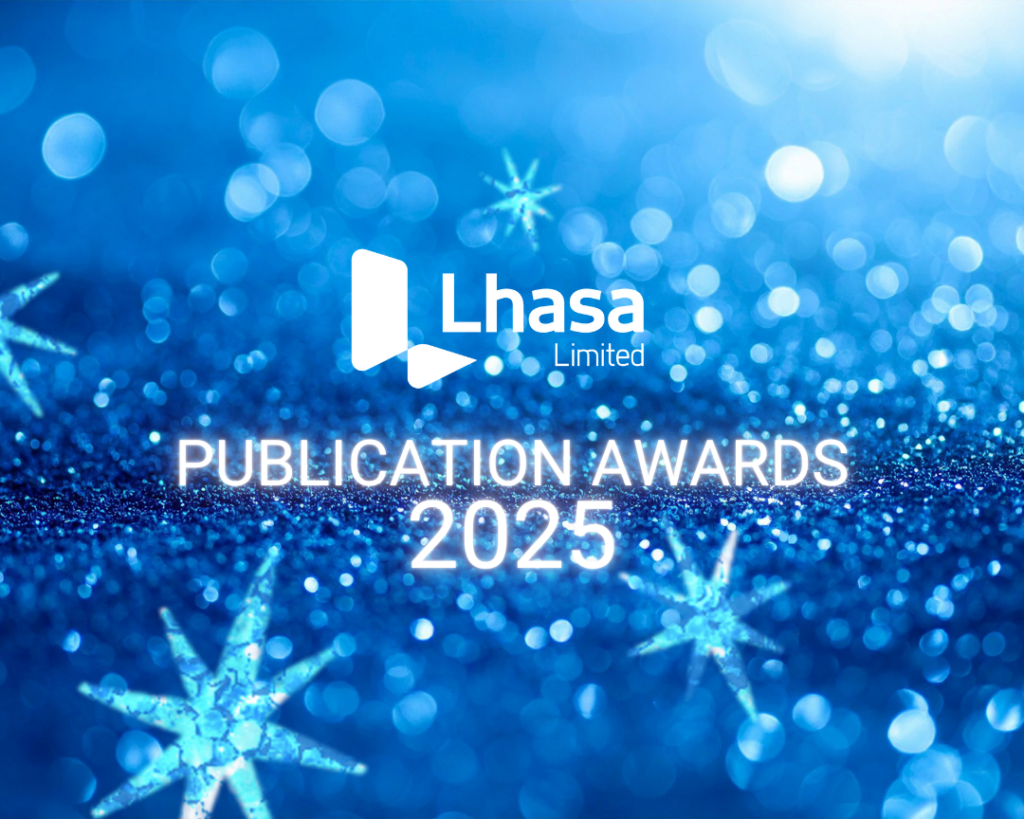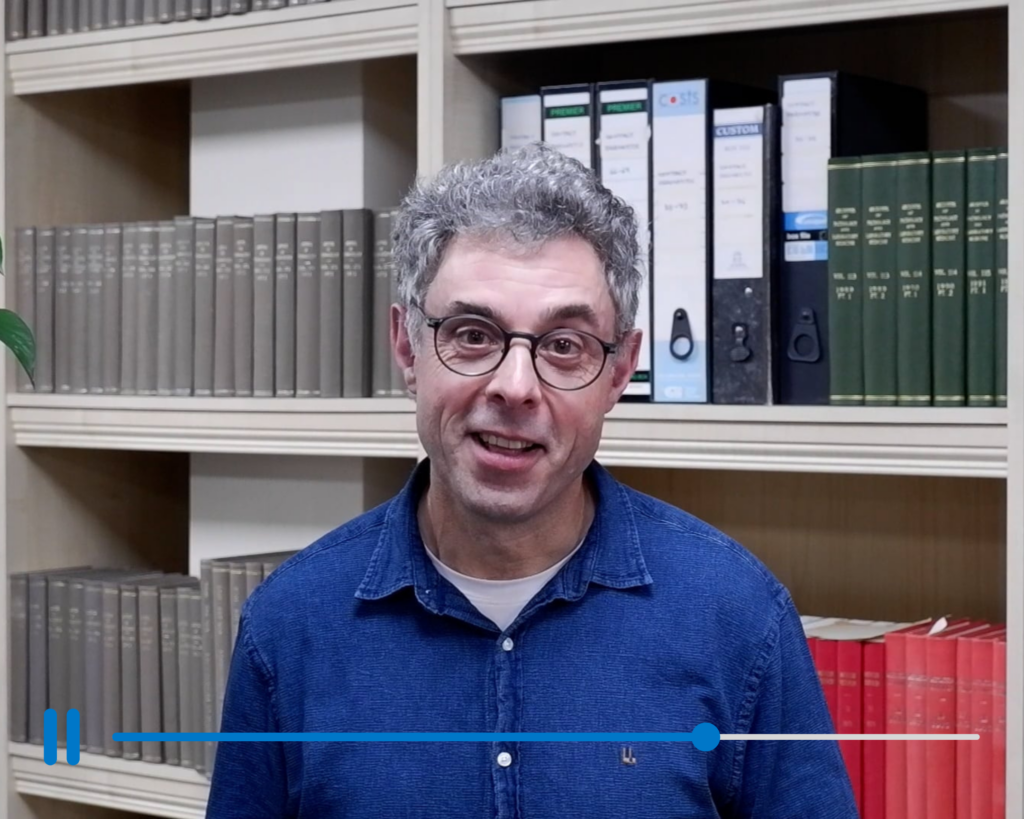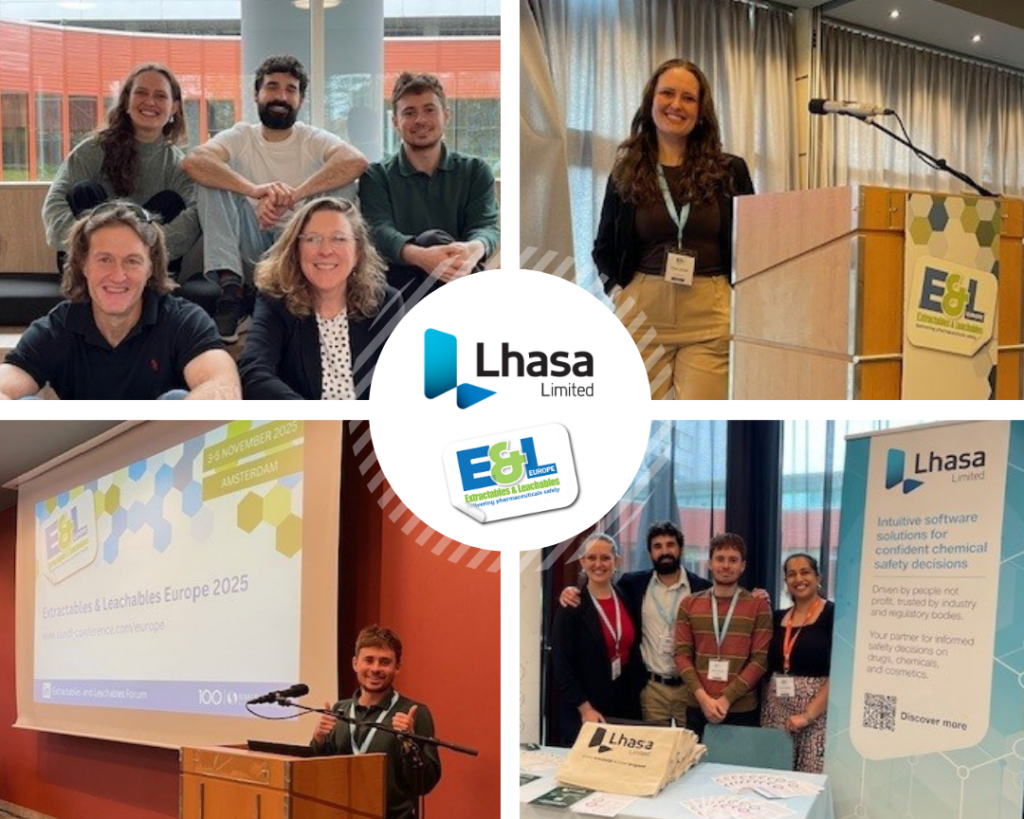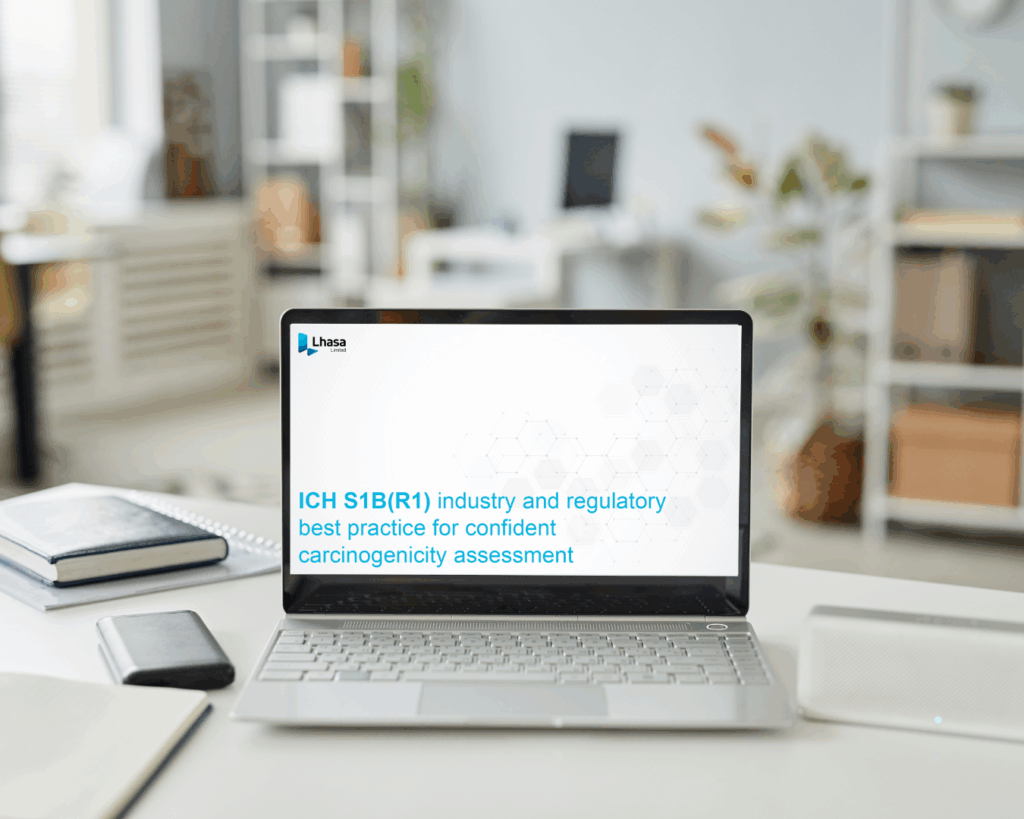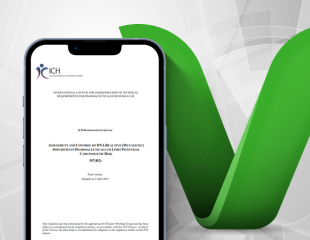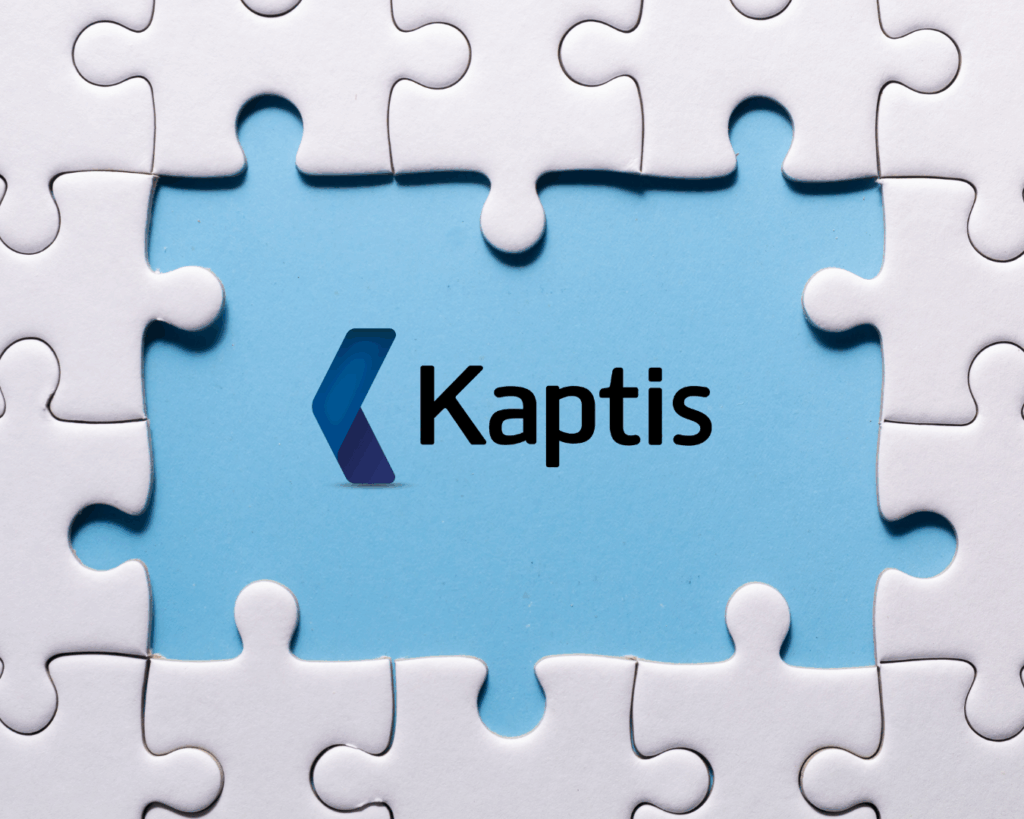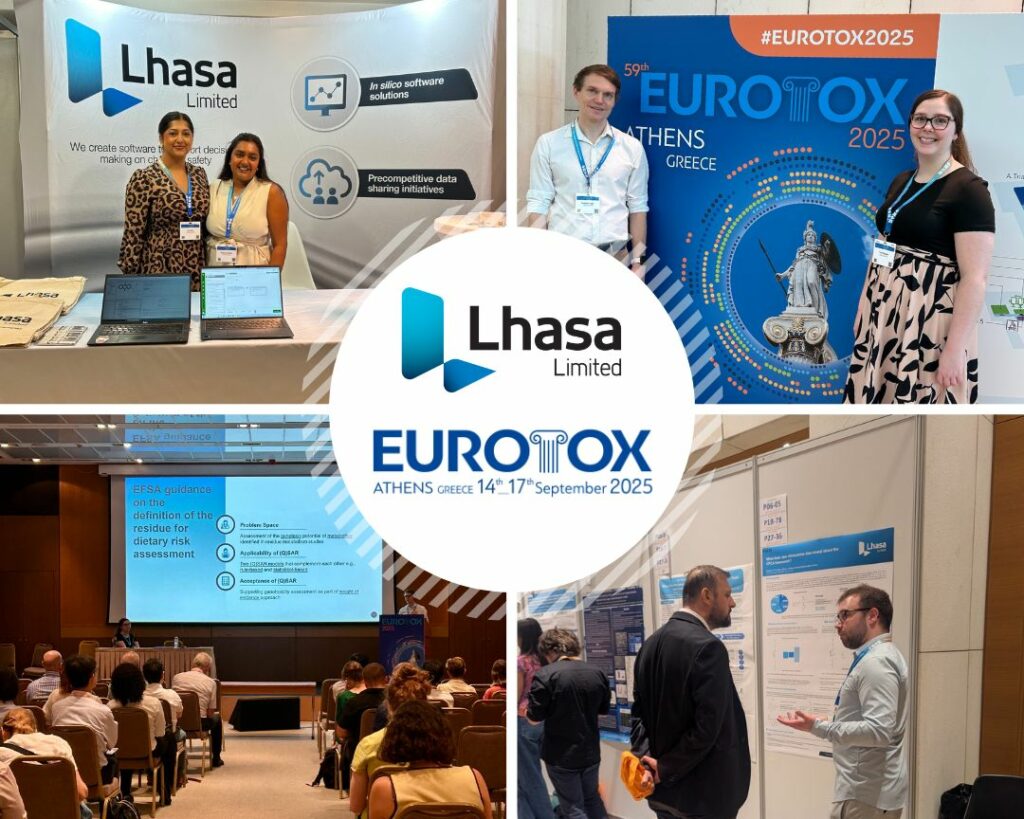Strengthening mutagenicity and genotoxicity assessment with complementary (Q)SAR
Mutagenicity assessment is no longer debated; it is embedded within regulatory science. The more important question today is not whether in silico models should be used, but how confidently and transparently their outputs are interpreted. Under ICH M7, the mutagenic potential of pharmaceutical impurities must be evaluated using two complementary in silico methodologies, one expert […]
Strengthening mutagenicity and genotoxicity assessment with complementary (Q)SAR Read More »



